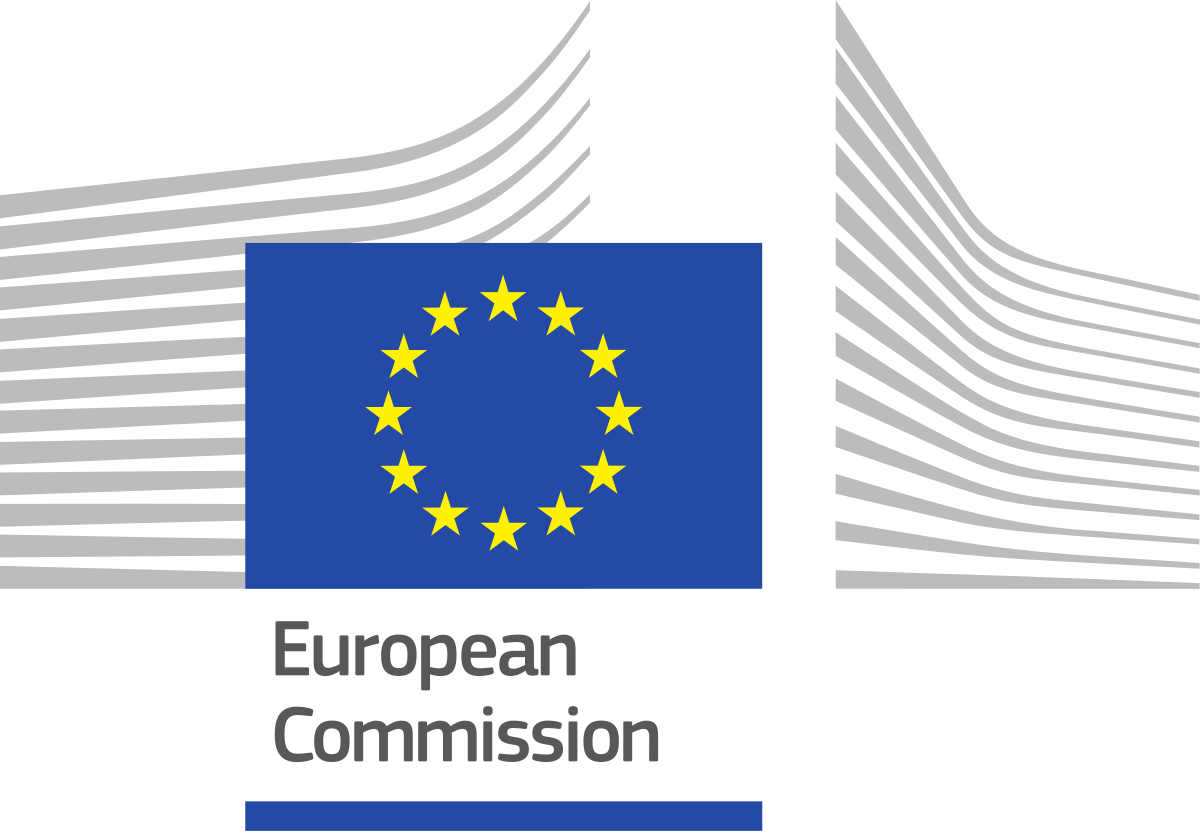According to a survey commissioned by Amazon Web Services, more than a third of European organizations implemented artificial intelligence in 2023. This rapid implementation is because of the increase in generative AI.
A component of the European Union’s (EU) executive branch is the European Commission. It has 27 members of the Commission (directorial system, colloquially called “Commissioners”), led by a President, and functions as a cabinet government. It consists of an executive branch with over 32,000 civil servants from Europe. The Commission governs the administration of the EU budget, proposes new laws and policies, and contributes to the public strategy development of the EU.
In 2021, this EU executive revealed its 2030 Digital Decade goal to revolutionize the region. This vision calls for 5G connection to be ubiquitous, 80% of the population to acquire basic digital skills, and 75% of EU businesses to use cloud services.

However, only 25% of EU enterprises will have implemented AI by 2022, and a survey published last year predicted that governments should concentrate on closing the skills gap for the EU to catch up and achieve its Digital Decade targets.
Tanuja Randery, Managing Director at AWS, told Reuters that last year was pivotal, from Malmo to Milan, and the accessibility of generative AI developed a desire for experimentation among customers and corporations.
The speaker noted that Europe is now on its way to achieving its targets for the Digital Decade, thanks partly to the faster adoption of AI last year.
According to a Strand Partners survey of 14,000 enterprises and 16,000 citizens, 38% experimented with artificial intelligence. The percentage will increase in the coming years as AI takes charge in almost every aspect of the industry and the public.
In addition to the initial projection of 2.8 trillion euros, the analysis projected an extra 600 billion euros in positive economic impact from AI.





